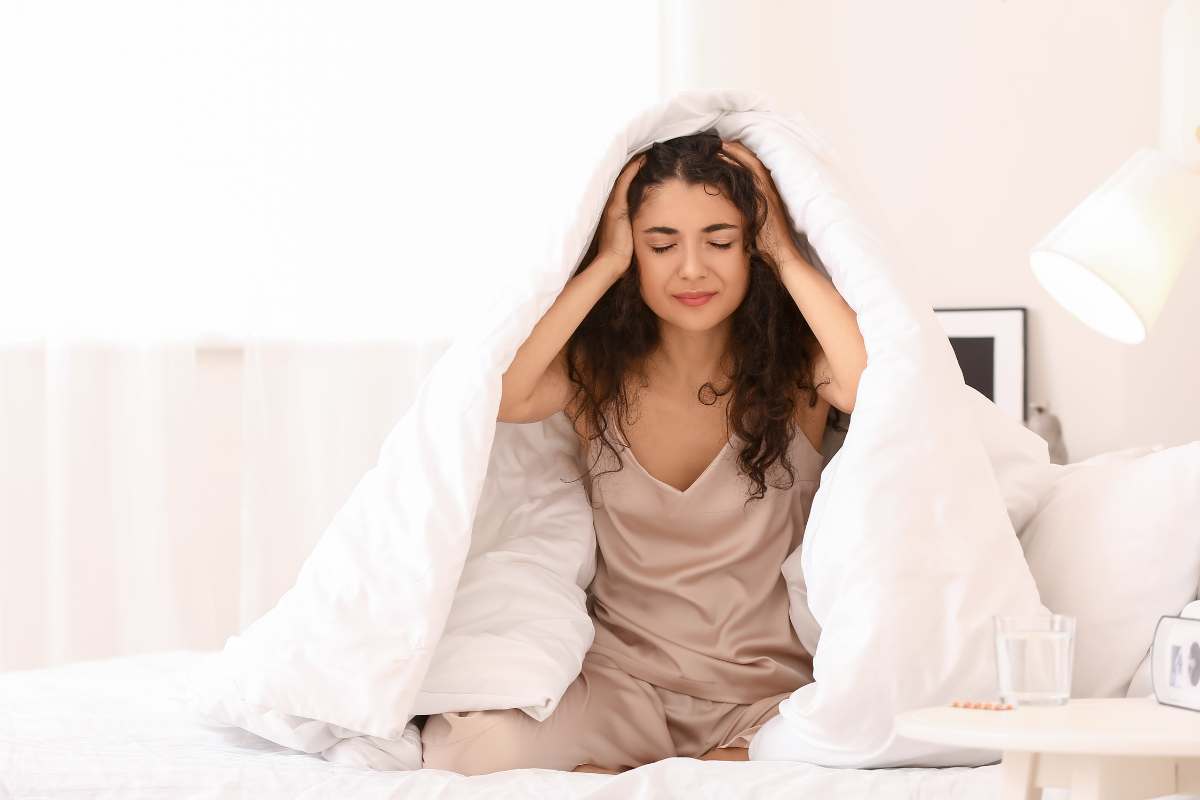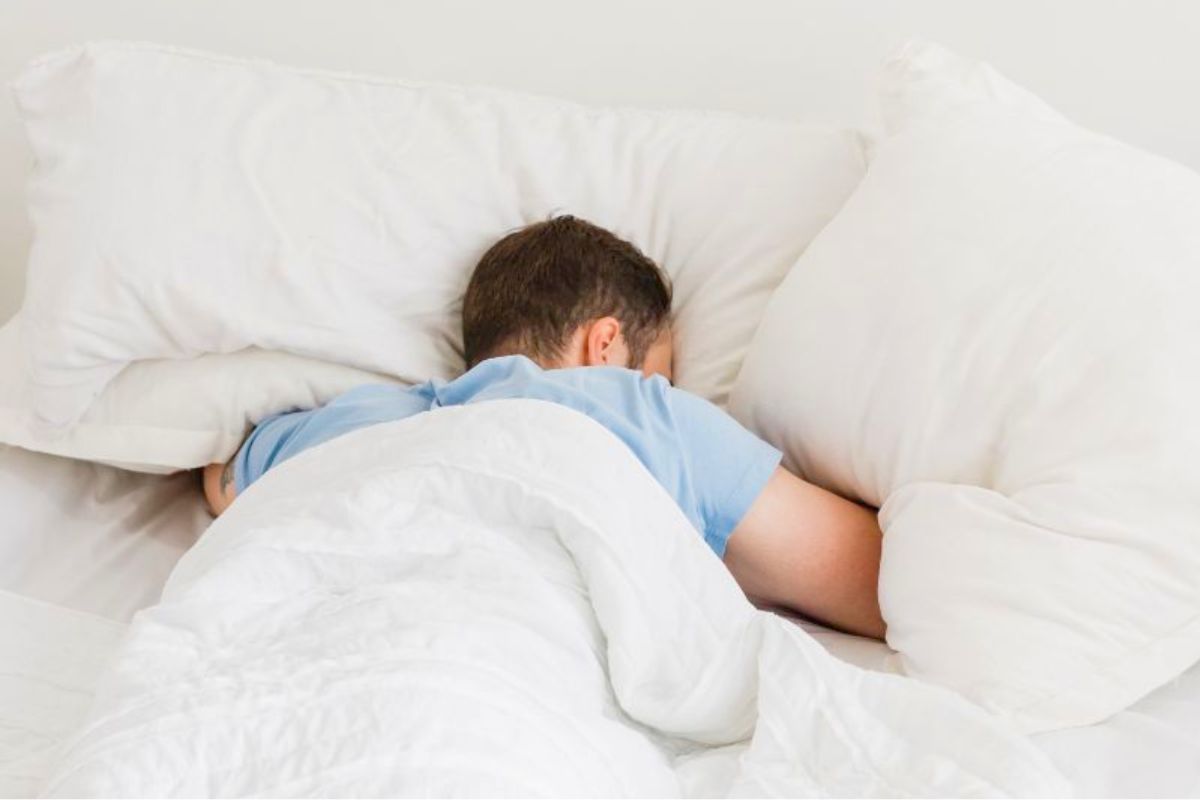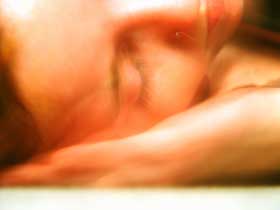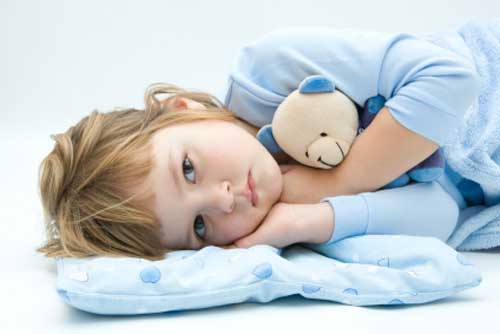Insomnia medications
Insomnia medications are almost as numerous and varied as insomnia patients themselves. Some of these drugs have been more successful than others and no drug will work exactly the same for every person, so it is necessary to find the one which works best for you.
Since all sleep medications are designed to help you fall asleep or stay asleep, it is recommended that you take them just before going to bed. And you should never try to participate in any activities which require sharp concentration, such as driving or operating machinery, after taking them. They should be taken as part of a regular sleep routine in order to maximize their effectiveness.

The earliest insomnia medications are benzodiazepines, such as Halcion. These powerful drugs remain in the system for long periods of time and induce a sound sleep which makes them particularly useful for treating conditions such as sleep walking and extreme night terrors. They can also have a lasting effect after you wake up and can lead rather easily to dependence, so caution should be exercised when using them.
In recent years, a new group of prescripton sleep medications have been developed which don’t last as long in the system and thus have less of a drowsiness factor than more powerful drugs. These include Lunesta, Ambien and Rozerem, among others. These drugs are particularly effective for people who have difficulty falling asleep as they work relatively quickly. There have been some cases of serious side effects but taken within reason, these medications can be quite useful.
Insomnia and depression

Since insomnia is often a side effect of depression, some of the most common insomnia medications are actually anti-depressants, such as Trazodone. However, with Trazodone insomnia treatment alone without symptoms of depression would be considered an off-label use.
These drugs are particularly helpful in treating sleep disturbance caused by anxiety or stress. Often, successfully treating other symptoms of depression will help to ease sleep related symptoms as well.
While most of the stronger sleep medications are only available with a prescription, there are also over the counter sleep aids. Most of these are antihistamines and are relatively safe to take, though they can cause some drowsiness.
Also, if you are taking other antihistamines for asthma or allergies, overdose can be a concern.
Along with taking insomnia medications

Along with taking insomnia medications, there are other steps you can take to help ease sleep disorders. These include cutting back on natural stimulants like caffeine, alcohol and nicotine and trying to keep your bedroom as relaxing and comfortable as possible to encourage good, restful sleep. Also, you should avoid eating for at least 4-6 hours before going to bed as having a full stomach can disrupt regular sleep patterns.
Getting a good night’s sleep is more important than most people think. It can be the key to good health.
If something is disrupting your regular sleep pattern you should discuss it with your doctor and find out if there is something you can do to correct the problem. Feeling well can be as simple as sleeping well, so don’t let anything keep you from getting the sleep you need!







